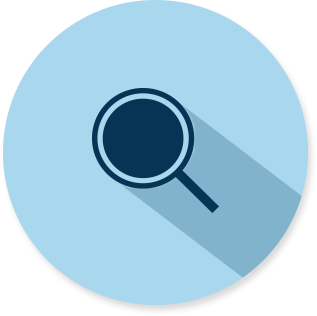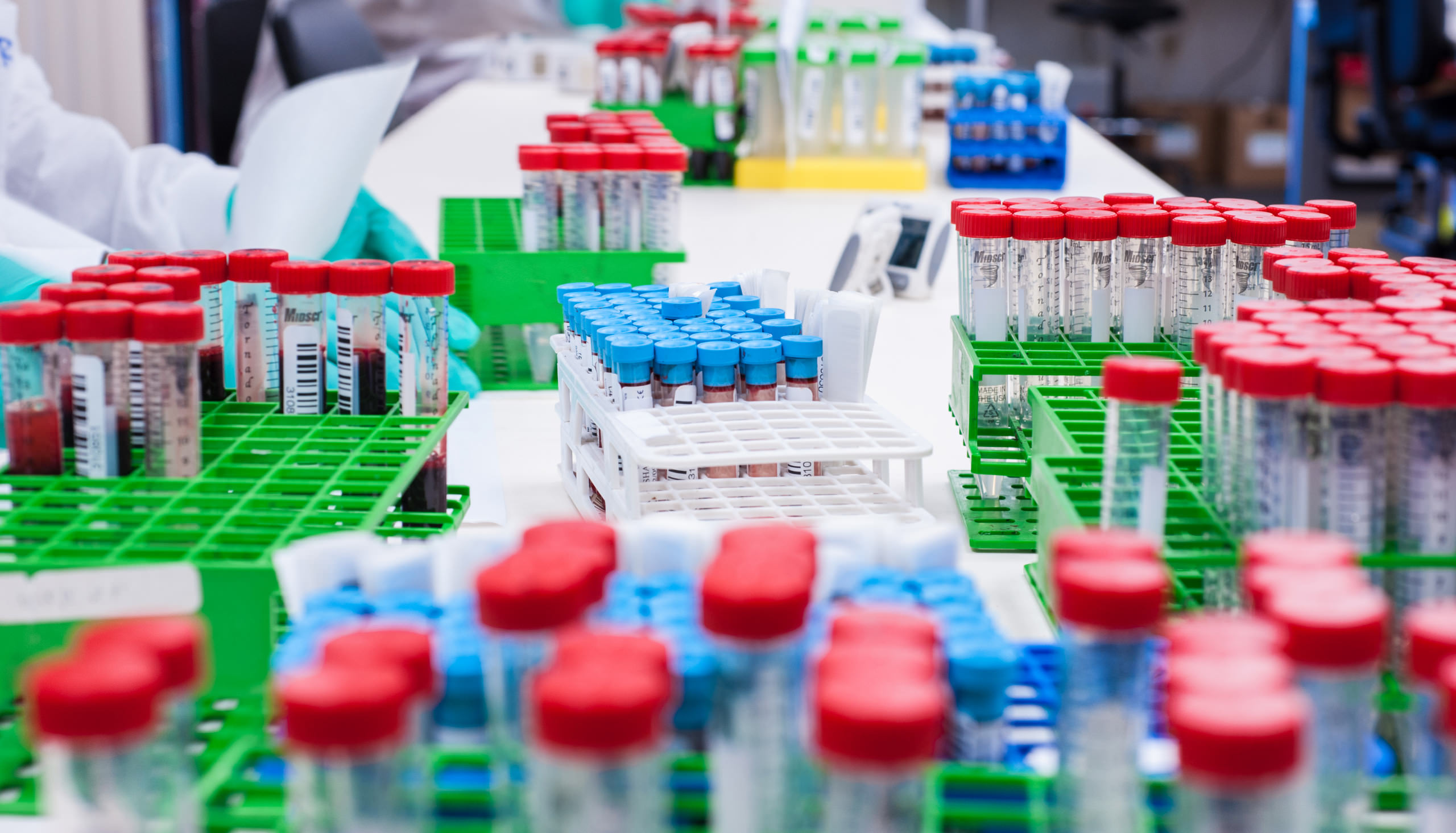Alcat GmbH
International
Cell Science Systems GmbH (Alcat Europe) is the direct subsidiary of Cell Science Systems of the United States. We offer the full range of Alcat Test options supported by expert nutritional counseling, as well as the other specialized testing services throughout Europe. The laboratory, the high quality of management, and excellent communications are deeply interlinked between the companies since 2007 to ensure the original transfer of many years of high standard knowledge, intellectual expertise and technology.
Alcat Europe also offers personalized dietary monitoring and consultations in an effective and simple way to support proper immune function for those who seek improved health and well-being.
Research and Development
Development of an innovative method for a comprehensive cell-activation analysis for optimizing immune function
Alcat Europe GmbH successfully completed a research and development project in June 2013. The aim of the project was to develop an innovative instrument for the functional cell activity analysis to detect nutrient deficiencies. With a functional lymphocyte proliferation assay (measuring the growth and reproduction of lymphocytes), deficits in amino acids, vitamins, minerals, trace elements, and others can be detected. While most current standard tests capture only “snapshots” at the time of blood draw, this new method is much more comprehensive. Lymphocytes are metabolically inactive throughout several months and thus reflect the nutrient status over that period of time. The test results are therefore independent from the daily variations in metabolism. Thus, the method determines the actual and individual needs of patients and also takes into account the individual’s personal metabolic characteristics. The objectives of the project have been implemented. A very high accuracy and measurement precision are achieved with even smaller blood samples as originally predicted. The clinical evaluation phase will begin soon.
The project underlying this report was funded by the Ministry of Economy and European Affairs of the Land Brandenburg and the EU. The responsibility for the content of the publication lies with the author.









